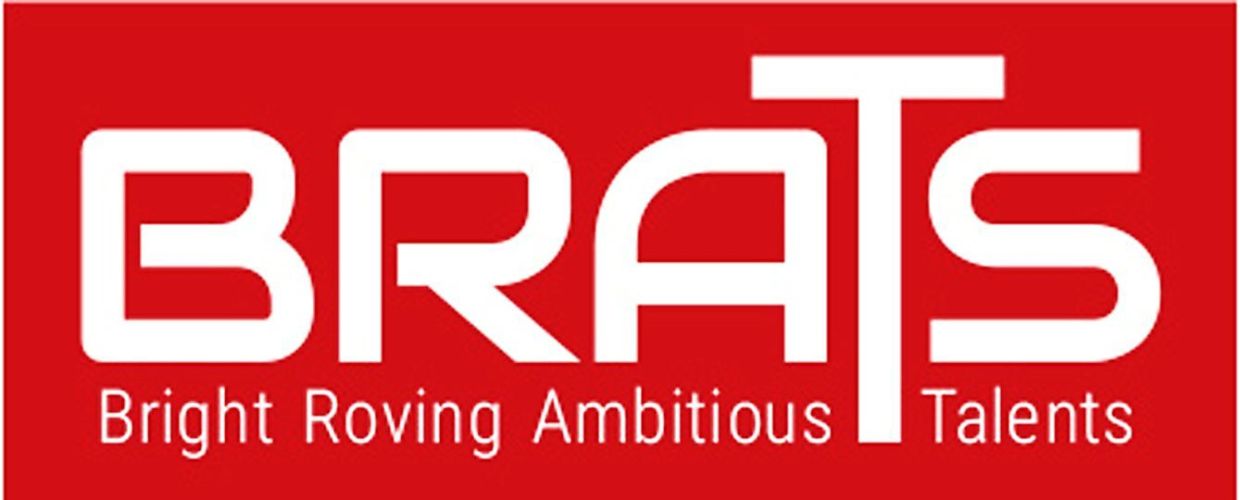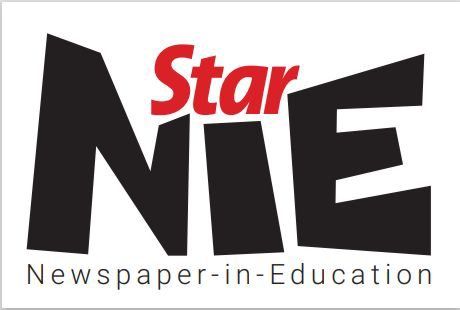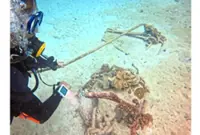I ONCE received RM100 from my grandmother as a Chinese New Year gift. I simply put the money aside and forgot where I kept it. I was lucky to later find that RM100 safe in my pencil box.
Low levels of financial literacy among Malaysian youth have been in the news in recent years.

The report added that 28% of the nation’s young working graduates had turned to borrowing to purchase essential goods.
It is common knowledge that some of these individuals spend their money like water after payday. By the end of the month, they are penniless, with piles of unpaid bills.
While some turn to credit counselling to manage their debt, others fall prey to loan sharks.
Cash sense
Money management may sound boring, but it boils down to one simple idea: financial hygiene.
Just as brushing teeth prevents cavities, good financial hygiene prevents debt traps and money leaks.
Bad habits may seem harmless at first but they can cause serious damage over time.
Here are some simple steps you can take to build a healthy relationship with money.
1. Track your money
Most people know how much they earn but not where their money goes.
Use your e-wallet or an expense-tracking app to monitor cash flow and spending patterns.
Small, repeated expenses – like subscriptions or snacks – often dry up funds quietly. Staying aware of your money flow helps prevent expenses from piling up unnoticed.
2. Pay essentials first
Once you know where your money goes, prioritise the necessities. You must meet your basic needs before indulging in leisure.
Settle rent, bills, food and loan payments first – automate them to avoid missing deadlines.
Remember, paying debts on time protects your credit score. A poor score reduces your chances of getting loans and may even affect job prospects.
3. Build an emergency fund
Set aside money for rainy days so you won’t need to borrow from others. Cut unnecessary indulgences like cigarettes or expensive coffee.
Avoid taking on personal loans but if you must, such as for a car or house, have a clear repayment plan before debt snowballs.
Protect yourself with health and life insurance to avoid being overwhelmed by unforeseen medical expenses.
4. Invest in skills
Pick up a niche or in-demand skill to give yourself an edge and boost your income potential.
For example, learning how to use graphic design tools could open doors to freelance jobs.
If you are not sure where to begin, visit e-LATIH, an upskilling training platform by the Human Resources Ministry that offers free and paid courses.
You can also turn a hobby into a side gig.
5. Shop smart
Spending wisely is key to financial hygiene. Always go for affordable, durable options and compare prices for essentials like food and phone plans.
Opt for prepaid mobile plans instead of costly postpaid ones.
Buy only products you can fully consume to avoid waste.
6. Protect against scams
With scams on the rise, vigilance is essential.
Follow regular scam updates via your banking apps, and practise the ACT rule: Adding security features such as two-factor authentication and scam filters, Checking with someone you trust when something sounds too good to be true, and Telling your bank immediately if you suspect fraud has taken place.
A 30-second pause could protect you from becoming the next victim.
7. Save and grow
After building an emergency fund, let your money work for you.
Start small by contributing to EPF’s i-Saraan scheme to earn annual matching incentives.
Another option is to invest in unit trusts for diversified portfolios.
Over time, these small investments can create a financial cushion for your expenses and future needs.
When I recalled the RM100, I realised money is like a friend – it stays longer when you treat it well.
That overlooked RM100 is just like the money that slips away when we manage it carelessly.
Financial hygiene is about using money wisely, guided by financial literacy.
Start early, build good habits, and let money become a reliable partner in creating a stable and secure life.
Aaron, 20, a student in Johor, is a participant of the BRATs Young Journalist Programme run by The Star’s Newspaper-in-Education (Star-NiE) team.
For updates on the BRATs programme, go to facebook.com/niebrats.

With the theme of the article in mind, carry out the following English language activities.
1 Imagine receiving RM100 as a gift. In pairs, share how you would spend, save or invest it. Then, write a short paragraph starting with: “If I had an extra RM100, I would... because...”
2 Look through today’s newspaper and cut out three items that are your needs and three that are wants. Share your cutouts with a friend and discuss each other’s choices.
The Star’s Newspaper-in-Education (Star-NiE) programme promotes English language learning in primary and secondary schools nationwide.
For Star-NiE enquiries, email starnie@thestar.com.my.





